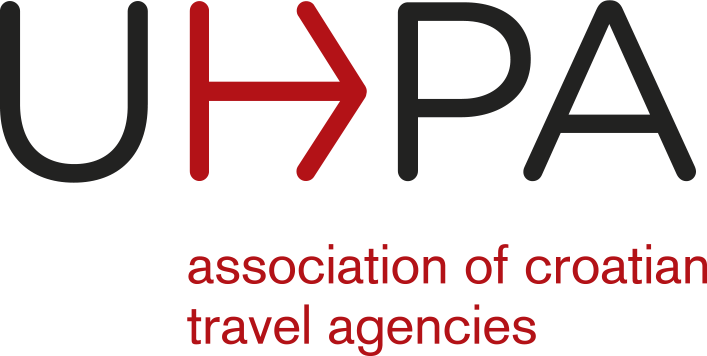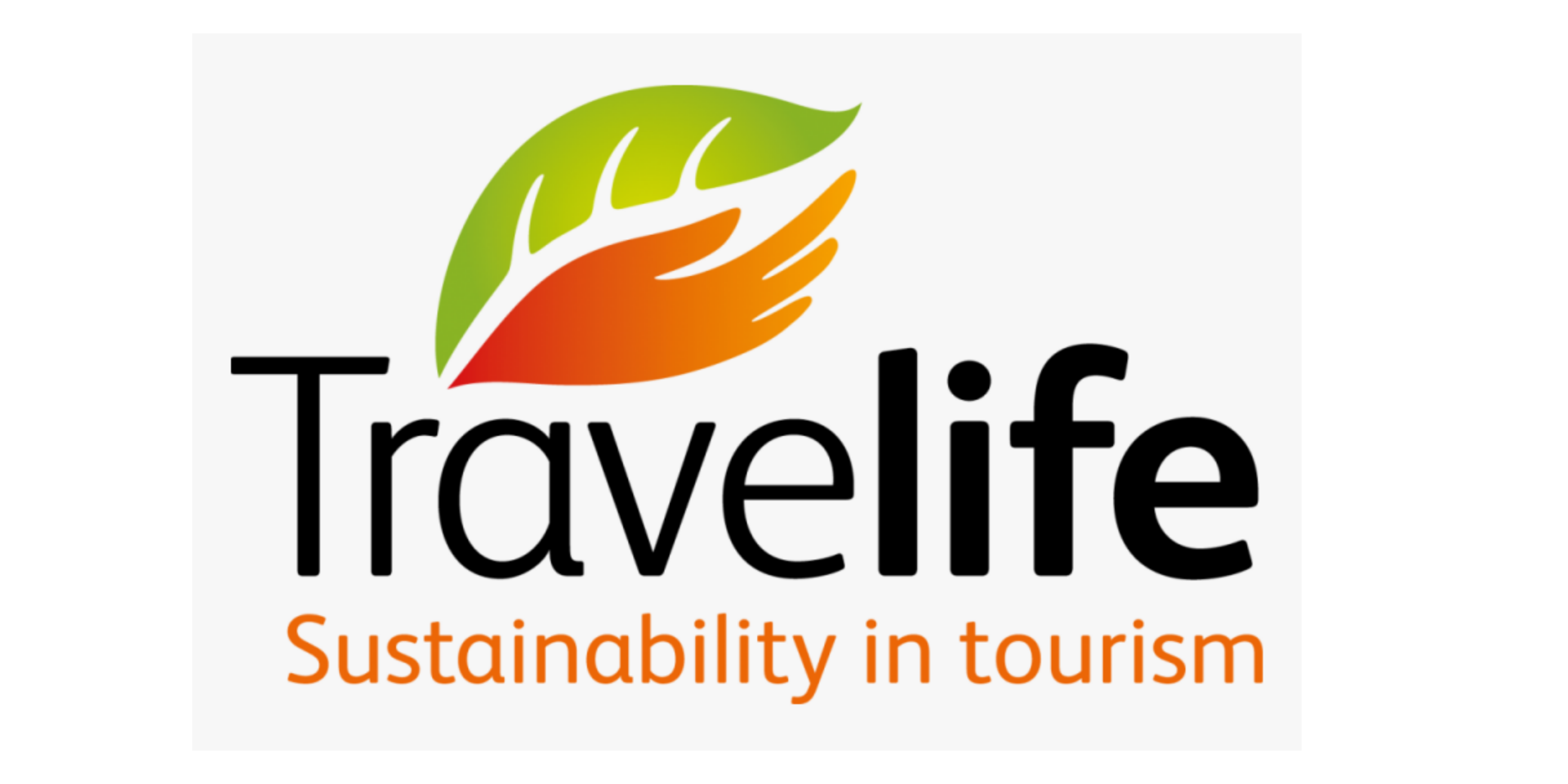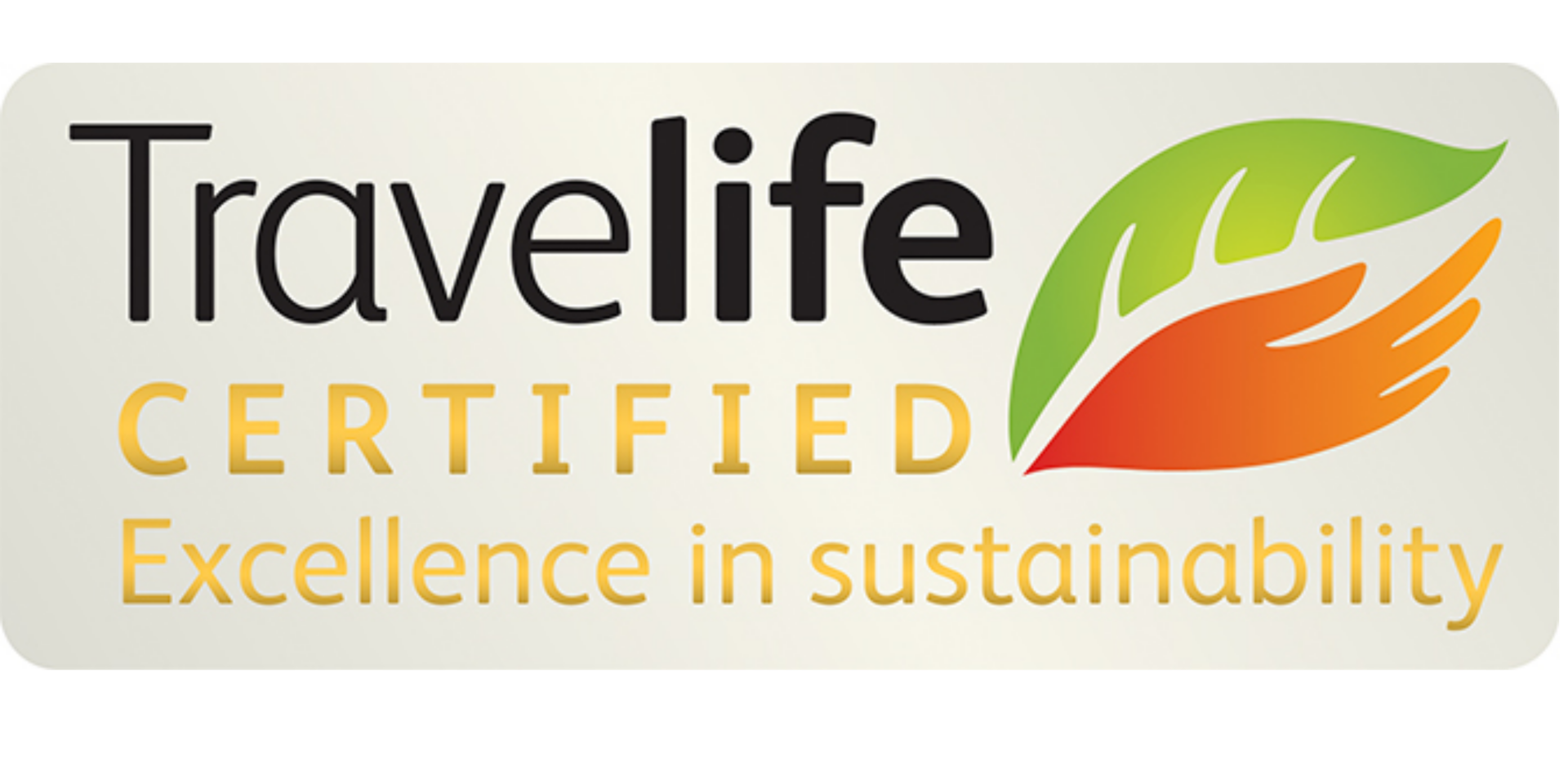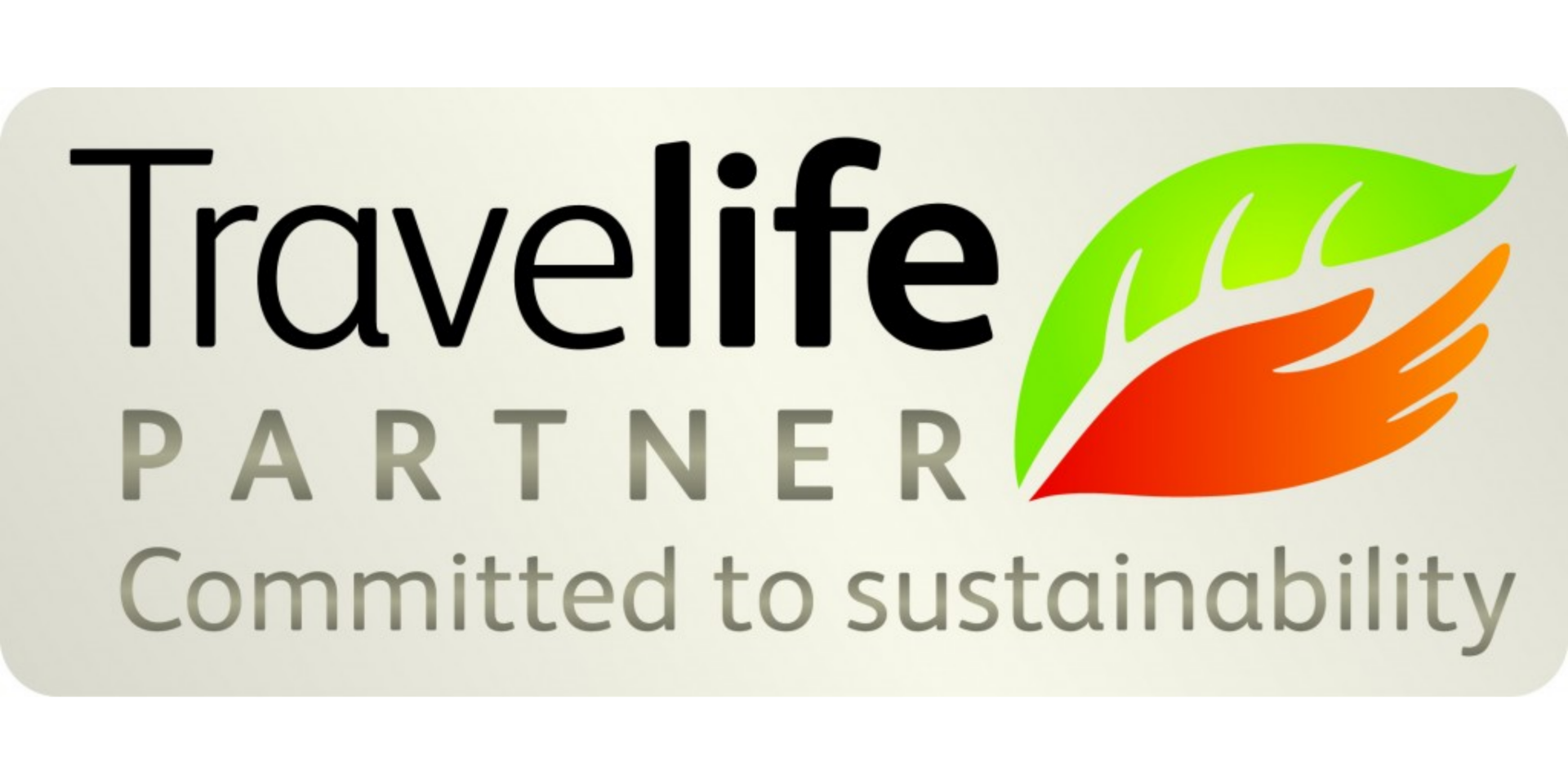Interview with Taleb Rifai, Secretary General UN World Tourism Organization (UNWTO)
The greatest challenge that the tourism sector faces today is no doubt that of sustainability – the capacity to realize the massive benefits that this trillion-dollar sector can bring to destinations and communities worldwide, while mitigating its potentially harmful impacts
The 2nd Worldwide Summit of Presidents of Travel Agencies Associations is taking place in Zagreb and will bring together presidents of world-leading business associations, as well as many travel industry professionals, institutions, and leading scientists and experts from Europe, Africa, Australia, Asia, North & South America. The conference is built upon the success of last year's first Worldwide Summit of Presidents of Travel Agencies Associations, which was held in Cordoba (Spain), organized by the Spanish Confederation of Travel Agencies (CEAV). You were the participant at the first conference. This year's conference program titled "Vision 2020 - Global changes and the Future of Travel Agencies" is envisioned as an international forum for discussing various issues that affect the travel industry and the business of travel agencies at a global level.
UHPA: In your opinion, what are the biggest challenges of today’s world tourism industry?
Taleb Rifai: The greatest challenge that the tourism sector faces today is no doubt that of sustainability – the capacity to realize the massive benefits that this trillion-dollar sector can bring to destinations and communities worldwide, while mitigating its potentially harmful impacts. Tourism moves more than one billion tourists across international borders each year, accounts for 9% of global GDP, 30% of the world´s service exports and generates one in eleven jobs across the world. While these grand numbers are no doubt an impressive achievement, they also mean for all of us working in this sector a serious responsibility. Yet, this challenge is also an opportunity. Tourism´s growth on one hand and sustainability on the other are not at odds; the situation is far from a zero sum game. Sustainability is as much about minimizing environmental impacts as it is creating wealth in destinations and communities through competitive, viable tourism businesses. And with ethical management, proper organization and the use of innovative technology, the growth of the sector can lead to better protection and redirect revenues into the preservation of cultural and natural heritage.
UHPA: As the online travel booking market continues to evolve, where has this left the role of travel agents today in terms of their importance?
Taleb Rifai: The Internet has become an integral part of the travel experience, from sourcing information, to reserving tickets and accommodations online, all the way down to assessing the trip on social media channels.However, travel agents represent a personalized relationship with the customer, which can be an advantage over faceless technological channels. When unexpected issues related to a booking arise, such as sudden cancellations, travel agents can provide a human source of professional know-how and support which many tourists still prefer, while they are also key to provide tailor made experiences.
UHPA: If travel agents are to survive and even stay ahead at a time when people are used to booking holiday packages online, in what ways might their role evolve in future? What trends do you predict in future, say in the next 10-15 years?
Taleb Rifai:As with all tourism enterprises, travel agencies must keep up with emerging communication technologies and channels or be left behind. By using a mix of channels to best reach existing and potential customers with a more targeted approach travel agencies can leverage the combination of their extensive market knowledge with these new technologies to a competitive advantage.
Apart from technology, authenticity is also a trend marking the global tourism sector. To stay relevant, travel agencies need to match their in-depth knowledge of a destination with clients´ needs and personalization of services in order to be able to offer authentic, innovative experiences over tried-and-tested travel itineraries.
UHPA: The way we travel has definitely changed over the past 50 years; whether it’s where we go, how long we are there or what we bring. Customer engagement in the travel industry represents a paradox. Some people want to be connected and online throughout their experience while there is a growing need and trend for travellers to unplug while away on vacation. For travel industry stakeholders there is therefore a challenge to tap into the communication channels reaching the right people at the right time. What challenges and opportunities do you see ahead for travel agencies? How do you see the travel agency of the future?
Taleb Rifai: Main challenges lay in adapting to technological advances and being aware of the needs and desires of clients. Research, specialization and following market trends are key to the travel agency of the future. A successful travel agency in the future will also be a responsible company promoting social and environmentally sustainable travel. What do you think will happen to local travel agents? Will they still be around in 10-15 years time/will there be enough demand compared to those working for major travel companies? Definitely, as the tourism market evolves alongside major travel companies there will always be local travel agents which know their markets well or which address a certain niche market.
UHPA: According to the latest UNWTO World Tourism Barometer, demand for international tourism remained strong in 2014. International tourist arrivals grew by 4.6% in the first half of 2014 according to the latest UNWTO World Tourism Barometer. Destinations worldwide received some 517 million international tourists between January and June 2014, 22 million more than in the same period of 2013. By 2015, emerging economies will receive more international tourist arrivals than advanced economies, and by 2030 their share is expected to reach 58%. International tourist arrivals are forecast to reach 1.8 billion by 2030 according to the UNWTO long-term forecast, Tourism Towards 2030. Tourism Towards 2030 is a broad research project in continuation of UNWTO’s work in the area of long-term forecasting initiated in the 1990s. What is the aim of Tourism Towards 2030? Could you tell us more about it?
Taleb Rifai: Tourism Towards 2030 is UNWTO´s long-term outlook on the development of tourism for the two decades from 2010 to 2030. The overarching aim of the project is to assist UNWTO Members in formulating policies and long-term strategic plans and provide a global reference on future tourism development, and as such a reference for the UNWTO programme of work and activities. The project includes projections by region and subregion for international tourist arrivals globally, by region of origin, by means of transport and by the purpose of visit.
UHPA: The protection of human rights, sustainable business and the development and protection of local communities is in the focus of the World Tourism Organization and Global Code of Ethics for Tourism. Turbulent political situations, economic crises, wars, terrorism, diseases and natural disasters and the like affect the tourism industry. What role does the protection and promotion of human rights in tourism play in the work of UNWTO?
Taleb Rifai: Human rights are the basis of our mandate as the UN specialized agency for tourism. They are also at the core of the UNWTO fundamental policy document - the Global Code of Ethics for Tourism. The Code, endorsed by the UN General Assembly in 2001, is a roadmap for tourism development aimed to guide tourists, tour operators, and host communities worldwide.
UHPA: You will be actively participating in the 2nd Summit as a Key Note Speaker in the panel session “The freedom of travelling – Balancing security needs with freedom to travel”. Travel facilitation of tourist travel is closely interlinked with tourism development and can be a tool to foster increased demand and generate economic development, job creation and international understanding. How can the tourism industry, in particular travel agencies and their business associations, effectively help the UNWTO in achieving these goals?
Taleb Rifai: It is fundamental to balance security and freedom to travel which ensures that people have the right to cross international boarders safely and efficiently for tourism purposes. In this regard, tourism security, defined as “the protection of life, health, the physical, psychological and economic integrity of the tourists, providers and members of the receiving communities is key for the development of the tourism sector and can only be achieved with the active engagement of public and private sector. We need the private sector to work with us in terms of advocating for travel facilitation while increasing security to the benefit of all. Recently we have seen significant improvement in visa facilitation, yet much more can be done and travel associations are key to promote this important agenda at a national and international level.
UHPA: UHPA - Association of Croatian Travel Agencies was founded in 1992 and since then it has been actively representing professional interests of its members. Today, thanks to its organization, continuity and scope of work, it is the leading professional association in Croatian tourism. The UHPA's mission is to direct the members towards business in accordance with principles of sustainable tourism, which increases their competitiveness and contributes to the responsible development of Croatian tourism. What does sustainable tourism mean to UNWTO?
Taleb Rifai: UNWTO defines sustainable tourism as: "Tourism that takes full account of its current and future economic, social and environmental impacts, addressing the needs of visitors, the industry, the environment and host communities." Sustainable tourism should thus not be regarded as a separate component or special form of tourism, but rather as a comprehensive condition of the tourism sector as a whole. UNWTO has elaborated sustainable tourism´s need to embrace the three dimensions of sustainability, through:
- The optimal use of environmental resources that constitute a key element in tourism development, maintaining essential ecological processes and helping to conserve natural heritage and biodiversity
- Respecting the socio-cultural authenticity of host communities, conserving their built and living cultural heritage and traditional values, and contributing to inter-cultural understanding and tolerance
- Ensuring viable, long-term economic operations, providing socio-economic benefits to all stakeholders that are fairly distributed, including stable employment and income-earning opportunities and social services to host communities, and contributing to poverty alleviation.
UHPA: What are the benefits of sustainability in tourism and what you can recommend to the Croatian tourism sector and government to consider as a long term strategy?
Taleb Rifai: Tourism brings socioeconomic development and inclusive growth to millions of people worldwide, but its mismanaged expansion can put fragile environments at risk, deplete natural resources and disrupt the social structures and cultural values of host communities – the very elements that tourism greatly depends on.
Without the informed participation and close collaboration of all players in tourism, encompassing the public and private sector, civil society, and of course, tourists themselves, sustainability will largely remain an ideal.
Achieving sustainable tourism is a continuous process and it requires constant monitoring of impacts, introducing the necessary preventive and/or corrective measures whenever necessary. In this regard, governments play a key role in levelling the playing field for tourism enterprises, by establishing and implementing clear policies on the control and management of the sector, in conjunction with all tourism stakeholders.
Sustainable tourism should also maintain a high level of tourist satisfaction and ensure a meaningful experience to the tourists, raising their awareness about sustainability issues and promoting sustainable tourism practices amongst them.
UHPA: In your opinion, what are the challenges and opportunities for Croatia to become a member of the 20 leading destinations in the world?
Taleb Rifai: Croatia is already the 25th most visited destination in the world with 11 million tourists in 2013. This is an impressive number when you look back and see that only a decade ago this number was at 7 million. Considering that Croatia is among the destinations in Europe with the highest growth rate of international tourists this is a very possible objective to achieve. Nonetheless, we should not only look into leadership in the number of tourists but also on the income generated, and in this respect as well Croatia is a growing leader.
UHPA: The 2nd Worldwide Summit of Presidents of Travel Agencies Associations gathered a large number of representatives of the tourism industry and leading business associations from all parts of the world. Which is your most important message to attendees of the 2nd Summit in Zagreb?
Taleb Rifai: The tourism sector has the capacity to address some of the world´s most pressing challenges. With over one billion people traveling the world today, tourism that is managed carefully and sustainably can drive socioeconomic growth and development on a wide scale, and generate revenue for environmental preservation. With their unique knowledge of and access to both destinations and tourists, travel agencies have the opportunity to be integral drivers of sustainable tourism development. By striving to provide ever more comprehensive ethical and sustainable offers, and helping raise awareness among tourist of their own responsibility while travelling, travel agencies can, and should, be key players in the responsible tourism sector the world needs.









